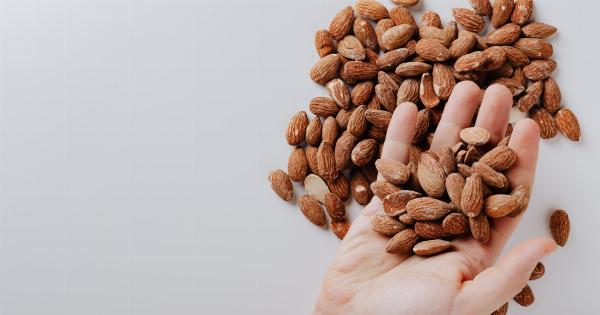As more people turn to vegetarianism, it is important to understand how to meet their protein needs without consuming animal products.
Plant-based protein sources are an excellent alternative to meat, and with the right knowledge, vegetarians can easily maintain a balanced and protein-rich diet. This guide provides essential information on plant-based protein sources to help vegetarians make informed dietary choices.
Why is Protein Important for Vegetarians?
Protein is an essential macronutrient that plays a crucial role in various bodily functions. It is responsible for building and repairing tissues, promoting muscle growth, and supporting immune function.
While many associate protein with animal products, vegetarians can obtain adequate protein from plant-based sources.
Recommended Plant-Based Protein Sources
1. Legumes: Legumes such as lentils, chickpeas, and kidney beans are high in protein. They are also rich in fiber, which aids in digestion and keeps you feeling full for longer.
2. Tofu and Tempeh: Tofu and tempeh are soy-based protein sources that offer a substantial amount of protein per serving. They can be used in a variety of dishes and provide a meat-like texture and flavor.
3. Quinoa: Quinoa is a complete protein, meaning it contains all nine essential amino acids. It is also gluten-free and a great option for vegetarians looking to increase their protein intake.
4. Nuts and Seeds: Almonds, walnuts, chia seeds, and hemp seeds are all excellent sources of protein. They can be enjoyed as snacks, added to smoothies, or used as toppings for salads and cereals.
5. Seitan: Seitan is a wheat-based protein that has a firm and meaty texture. It is a popular choice for vegetarians and vegans who crave a meat-like experience without consuming actual meat.
6. Spirulina: Spirulina is a blue-green algae that is not only rich in protein but also contains essential vitamins, minerals, and antioxidants. It can be added to smoothies or used as a supplement.
7. Edamame: Edamame, or young soybeans, are commonly served as a snack or appetizer. They provide a significant amount of protein and are a delicious addition to any vegetarian diet.
8. Nutritional Yeast: Nutritional yeast is a deactivated yeast that is often used as a cheese substitute. It is not only packed with protein but also provides essential B vitamins, making it a popular choice among vegetarians.
9. Lentils: Lentils are a versatile and nutritious plant-based protein source. They can be used in soups, stews, salads, and even veggie burgers.
10. Hemp Protein Powder: Hemp protein powder is derived from hemp seeds and is an excellent source of plant-based protein. It can be added to smoothies, baked goods, or used as a protein shake.
How to Incorporate Plant-Based Protein into Your Diet:
1. Plan Your Meals: Take the time to plan your meals and ensure that they include a variety of plant-based protein sources. This way, you can meet your daily protein requirements more easily.
2. Experiment with Recipes: Get creative in the kitchen and try new recipes that incorporate plant-based protein sources. There are numerous vegetarian cookbooks and websites available with delicious and protein-packed dishes.
3. Snack on Nuts and Seeds: Keep a stash of nuts and seeds handy for when you need a quick and nutritious snack. They are not only high in protein but also provide healthy fats and essential minerals.
4. Use Protein Powders: If you find it challenging to meet your protein needs through whole foods alone, consider incorporating plant-based protein powders into your diet. They can be easily blended into smoothies or added to baked goods.
5. Combine Protein Sources: Some plant-based protein sources are incomplete, meaning they do not contain all essential amino acids. To ensure you get a complete protein profile, combine different sources in your meals.
For example, pair whole grains with legumes or nuts with tofu.
Protein Supplements for Vegetarians:
While it is possible to meet protein requirements through a plant-based diet, some vegetarians may choose to supplement their protein intake with protein powders or shakes.
There are various plant-based protein supplements available in the market, such as pea protein, rice protein, and soy protein isolates. These can be helpful for individuals with higher protein needs, athletes, or those who struggle to meet their requirements through diet alone.
However, it is important to consult a healthcare professional or a registered dietitian before starting any new supplements.
Conclusion
Vegetarians can easily meet their protein needs through a well-planned plant-based diet.
By incorporating a variety of protein-rich foods such as legumes, tofu, nuts, and seeds, they can ensure they are getting all the essential amino acids and other nutrients necessary for optimal health. Planning meals, experimenting with recipes, and considering protein supplements when needed are all effective ways for vegetarians to maintain a balanced and protein-rich diet.




























